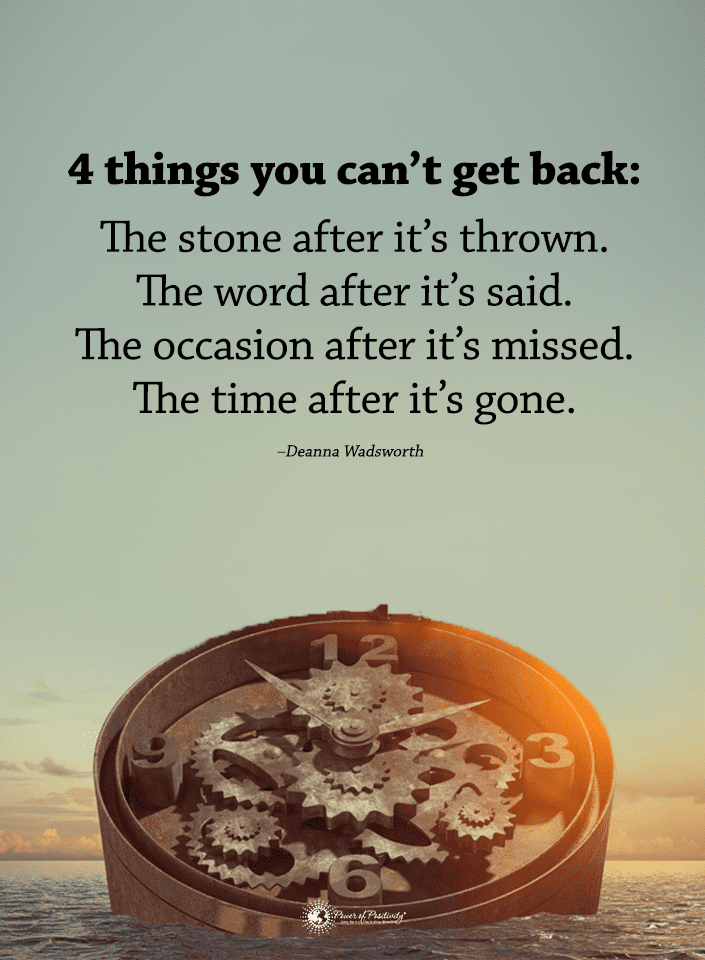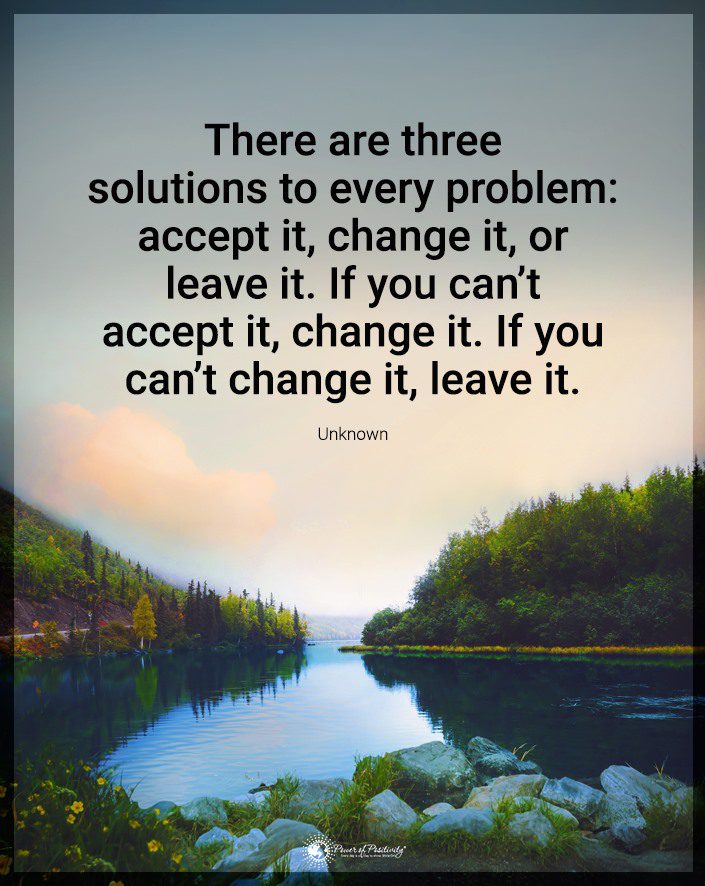In today’s fast-paced world, having a growth mindset is essential for personal and professional success. However, many individuals are unaware they have a fixed mindset, which can hold them back from reaching their full potential. People with fixed mindsets usually believe their abilities and intelligence are set in stone.
They often avoid challenges, give up quickly, and feel threatened by the success of others. These attitudes and behaviors can significantly hinder an individual’s potential in their personal and professional lives. In contrast, a growth mindset assumes one can develop intelligence and skills through hard work and persistence.
A growth mindset involves:
- Embracing challenges.
- Persisting in the face of obstacles.
- Viewing failures as opportunities for growth.
This article explores the signs of a fixed mindset and how to transform it into a growth mindset for success. Individuals can change their perspective by recognizing the signs of a fixed mindset. Then, they can embrace a growth mindset for personal development and success.
Recognizing the signs of a fixed mindset is the first step towards transforming your mindset for success. By embracing a growth mindset and cultivating positive habits, you can unlock your full potential and achieve your goals.
This article will explore the key characteristics of a fixed mindset and offer practical tips for changing one’s perspective. This information can help you become more empowered and realize your full potential.
Four Signs of a Fixed Mindset
Before delving into the signs, it’s important to note that a fixed mindset is not a permanent state of mind. By recognizing these signs, individuals can shift towards a growth mindset, unlocking their full potential for personal and professional growth.
1 – Fear of Challenges and New Experiences Reveals a Fixed Mindset
A sign of a fixed mindset is a lack of interest in learning new ideas or skills or taking advantage of learning opportunities. People with a fixed mindset may view their abilities and talents as fixed traits that cannot be developed or improved. They may believe that their current level of knowledge and skill is sufficient.
They may often resist learning new things or seeking out self-improvement opportunities. However, a growth mindset supports curiosity and a desire for continuous learning and development. People with a growth mindset understand how they can improve and enhance their skills and talents through hard work and learning. They constantly seek new learning opportunities to expand their knowledge and skills.
To grow and develop personally and professionally, one must keep learning constantly. By seeking new learning opportunities, individuals can develop new skills, broaden their knowledge base, and enhance their problem-solving abilities. They can also stay up-to-date with new developments and trends in their industry, positioning themselves for career advancement and success.
A dedication to continuous learning can often lead to greater personal fulfillment and a sense of purpose. With a growth mindset, individuals can pursue their highest aspirations and realize their true capabilities.
2 – Sensitivity to Criticism and Feedback
Sensitivity to criticism and feedback is one of the critical signs of a fixed mindset. People with a fixed mindset generally take criticism personally, often reacting negatively to constructive feedback. They may become defensive or argumentative, seeing feedback as threatening their self-worth and personal identity. This defensiveness can be a significant barrier to personal growth and development.
The main reason is that it prevents individuals from recognizing their weaknesses and areas for improvement. However, accepting constructive criticism is essential to self-improvement and growth and a hallmark of a growth mindset. Instead of seeing feedback as a challenge to their self-esteem, people with a growth mindset see it as an opportunity to grow, flourish, and learn. Idally, we become better versions of themselves.
They recognize that they can learn from their mistakes and use feedback to improve themselves. Constructive criticism can be challenging to hear, especially when it touches on our insecurities or areas where we feel vulnerable. It is vital to comprehend that the person giving the feedback is not attacking us personally. Instead, they are trying to help us improve.
When receiving feedback, listening actively and with an open mind is essential. Focus on the specific feedback rather than our emotional response to it. To facilitate a growth mindset, seeking feedback and criticism is helpful rather than avoiding it. This skill can be challenging but essential for personal growth and development.
Furthermore, receiving feedback from others can help individuals build better relationships, as it shows that they value the other person’s perspective and are willing to listen and learn from them.
3 – Tendency to Give Up Easily
The third sign of a fixed mindset is the tendency to give up easily when faced with obstacles or challenges. Fixed mindset individuals believe their abilities and talents are set in stone, lacking the perseverance and resilience needed to overcome setbacks. They may become discouraged and abandon their goals when faced with challenges, assuming further effort is pointless.
However, persistence and resilience are critical characteristics of a growth mindset. Those with a growth mindset view obstacles and setbacks as opportunities for learning and growth. They always persist in the face of adversity as necessary for achieving success. Resilience and persistence are crucial for achieving goals and surmounting obstacles. These characteristics allow individuals to maintain their motivation and focus in difficult times. They can motivate them to continue making progress even in the face of setbacks.
Furthermore, resilience and persistence enable individuals to develop self-efficacy, the belief in their ability to achieve their goals. With a growth mindset, individuals can develop the grit and determination required to achieve their highest aspirations. Giving up too quickly is a clear indication of a fixed mindset. But recognizing the value of persistence and resilience is essential for success.
4 – Envy and Comparison with Others
Envy and comparison with others are common characteristics of a fixed mindset. Individuals with a fixed mindset falsely believe their talents and skills are fixed traits. They believe that they cannot change or improve. This perspective often leads to a desire for external validation and a tendency to compare themselves to others. They may envy those who appear more successful, accomplished, or talented than themselves.
Constant comparison and envy can lead to a negative cycle of self-doubt and discouragement. The fixed mindset individual may become overly focused on their perceived shortcomings. Their belief that they cannot improve may lead them to give up on pursuing their goals or taking on new challenges.
In contrast, a growth mindset involves the assumption that one can develop skills and talents through dedication and hard work. Those with a growth mindset see challenges and failures as opportunities for learning and growth. They are less concerned with external validation and competition with others and more focused on their personal development and progress.
By embracing a growth mindset, individuals can shift their focus from comparison and envy to self-improvement and a sense of purpose. Instead of feeling discouraged by setbacks, they see them as opportunities to learn and grow. They develop a sense of resilience, persistence, and optimism, which helps them to overcome obstacles and achieve their goals.
Strategies for Cultivating a Growth Mindset
A growth mindset is important to achieving personal and professional success. It involves adopting a positive outlook towards challenges and failures, learning from feedback, and valuing effort over outcomes. It may be challenging to shift from a fixed mindset to a growth mindset. However, there are various ways that individuals can develop this mindset.
One effective strategy for cultivating a growth mindset is to embrace difficulties. Instead of avoiding complex tasks, individuals with a growth mindset see challenges as chances for learning and improvement. By stepping out of their comfort zone, individuals can expand their skill set and develop a greater sense of self-confidence.
Another vital strategy for cultivating a growth mindset is to learn from feedback. Instead of viewing feedback as criticism, individuals with a growth mindset see it as a chance for improvement. They are open to constructive feedback and use it to make adjustments and course-correct their actions toward their goals.
Valuing effort over outcomes is another crucial aspect of a growth mindset. Individuals with a growth mindset understand that the result does not always measure success. It’s also about the effort put into achieving it. By putting in consistent effort, individuals can develop a greater sense of purpose and motivation toward achieving their goals.
There are many advantages of having a growth mindset. It can lead to more tremendous personal and professional success. It can also improve overall well-being by decreasing stress and anxiety associated with a fixed mindset. A growth mindset enables people to realize their capabilities and live purposeful lives.
Final Thoughts on Overcoming a Fixed Mindset
Recognizing the signs of a fixed mindset and actively working towards developing a growth mindset can have a powerful impact. A fixed mindset can create barriers to learning, growth, and achievement. A growth mindset can inspire resilience, perseverance, and continuous improvement. By embracing the power of a growth mindset, individuals can shift their focus from external validation to internal progress.
They can learn to celebrate their accomplishments and the accomplishments of others. Also, it can help people view challenges and failures as opportunities for learning and growth. It is vital to remember that change and personal growth are ongoing processes that require dedication, effort, and patience. With the help of practical methods, people can develop a growth mindset and achieve their true capabilities.
Additionally, seeking out learning opportunities and approaching life with curiosity and open-mindedness can support a mindset shift toward growth. Overall, the power of a growth mindset lies in the ability to approach challenges with resilience. It’s about viewing failures as opportunities for growth and continuously striving for personal and professional development. By taking control of our mindset and embracing change, we can overcome the limitations of a fixed mindset and achieve success in all areas of life.
















 Community
Community

